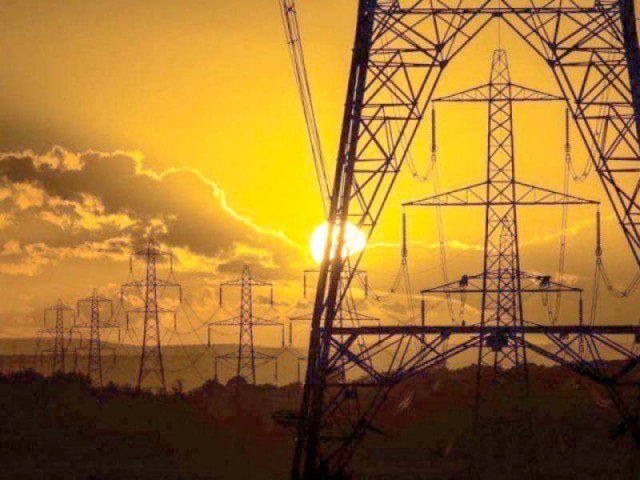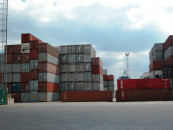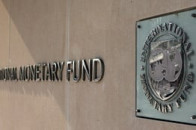Power tariff hike of Rs4.33 on cards
NEPRA asked to allow price increase on account of fuel cost adjustment for Nov

The National Electric Power Regulatory Authority (Nepra) is likely to allow ex-Wapda distribution companies an increase of up to Rs4.33 per unit in power tariff on account of fuel cost adjustment for November 2021.
In this regard, Nepra conducted public hearing on a petition of the Central Power Purchasing Agency-Guarantee (CPPA-G) on Wednesday. Nepra Chairman Tauseef H Farooqi presided over the hearing.
Taking notice of increase in electricity bills sent by distribution companies to their consumers, he said that his own bill had shocked him. He directed the power distribution companies to share information about overcharging on account of fuel cost adjustment with officers of Nepra.
Expressing his annoyance over expensive power generation, Farooqi questioned why coal plants were underutilised in November.
Pointing towards CPPA-G, he said that the authority was receiving electricity regardless of whether it was cheap or expensive.
He added that the Oil and Gas Regulatory Authority (Ogra) chairman had informed him that furnace oil was not being lifted from refineries for power generation. Moreover, “the refineries are being closed due to storage issues.”
Officials of the Power Division stressed that refineries should reduce their profit margins. “We cannot lift fuel from oil refineries in violation of the merit order,” a Power Division official said.
It is pertinent to mention that instead of buying furnace oil from refineries, the government imported 200,000 tonnes at 50% higher prices compared to the local fuel rates.
Farooqi said that the increase in power tariff would range from Rs3.58 to Rs4.33 per unit. In case Nepra allowed an increase of Rs4.33 per unit, it would place a burden of Rs41 billion on electricity consumers.
Nepra reserved the judgement and would make the announcement later.
In the petition submitted on behalf of power distribution companies, CPPA-G said that for November, the reference fuel charges for consumers were set at Rs3.7381 per unit while the actual fuel cost came in at Rs8.071 per unit.
It sought permission to pass on the difference of Rs4.3329 per unit to the consumers. Due to decrease in hydel, wind, bagasse and solar power generation, expensive fuels such as high-speed diesel, furnace oil and liquefied natural gas (LNG) were used, which increased the power generation cost to almost Rs10 per unit.
CPPA-G said that total energy generated during November stood at 8,481 gigawatt-hours (GWh) at a cost of Rs53.627 billion. The per unit generation cost came in at Rs6.3227.
According to the CPPA-G data, the net electricity delivered to the distribution companies was 8,242.40 GWh at a cost of Rs66.525 billion, or Rs8.0710 per unit.
Hydel power generation was recorded at 2,816.49 GWh in November against 2,627.25 GWh in October. The share of hydel generation in the energy mix was 33.21%.
The share of coal in the power mix decreased from 1,885.78 GWh in October to 1,379.12 GWh in November. However, the cost of coal generation increased from Rs11.3666 per unit in October to Rs13.1442 per unit in November.
The electricity production from high-speed diesel decreased to 24.99 GWh in November against 57.10 GWh in October. The cost of electricity generated from high-speed diesel increased from Rs25.2250 per unit in October to Rs27.2054 per unit in November.
The electricity generated from furnace oil during November decreased to 145.40 GWh from October’s generation of 1,228.66 GWh. The cost of electricity produced from this source was Rs20.2710 per unit.
Electricity generation from gas-based power plants was 1,093.16 GWh.
Published in The Express Tribune, December 30th, 2021.
Like Business on Facebook, follow @TribuneBiz on Twitter to stay informed and join in the conversation.



















COMMENTS
Comments are moderated and generally will be posted if they are on-topic and not abusive.
For more information, please see our Comments FAQ